DirecTV and Dish Network Merger Cancelled Amid Regulatory and Financial Challenges
November 22, 2024 at 4:00 PM
2 minutes read
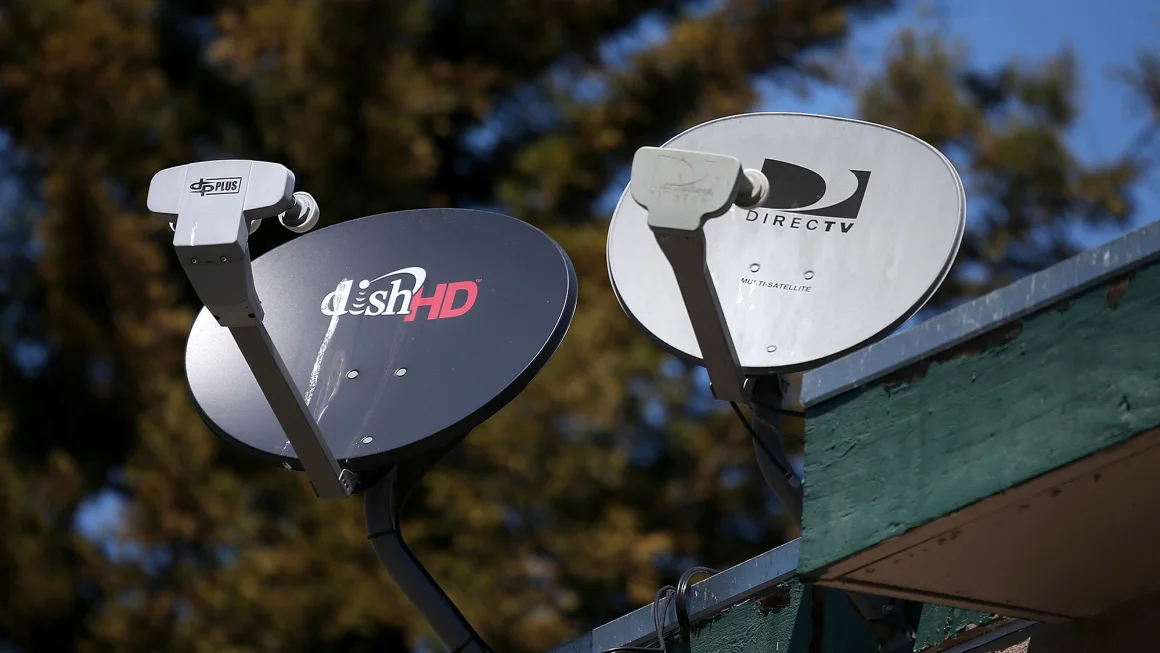
Plans for a long-anticipated merger between DirecTV and Dish Network have been officially scrapped. The decision comes after months of negotiations that were hindered by regulatory concerns and financial complexities, leaving the satellite television giants to explore separate paths in an increasingly competitive market.
Merger Hopes and Setbacks
DirecTV and Dish Network had been exploring a merger as a way to address declining subscriber bases and adapt to the rise of streaming platforms. The merger was seen as a potential lifeline to reduce operational redundancies and strengthen their position against streaming competitors like Netflix, Disney+, and Hulu.
However, sources familiar with the discussions revealed that both companies faced significant regulatory scrutiny from antitrust authorities. Concerns about reduced competition in the satellite television space and the potential for higher prices for consumers ultimately proved insurmountable.
Financial Obstacles
In addition to regulatory roadblocks, financial hurdles played a key role in derailing the merger. Analysts highlighted the complexities of combining the two companies’ assets, including DirecTV’s declining valuation and Dish Network’s substantial debt.
“While the merger had strategic appeal, the financial risks outweighed the potential benefits,” said telecom analyst Roger Entwistle.
The Competitive Landscape
Satellite TV has struggled to maintain its footing as cord-cutting becomes the norm among consumers. Both DirecTV and Dish Network have experienced significant subscriber losses in recent years, as streaming platforms continue to dominate the entertainment landscape.
The failure of the merger highlights the broader challenges facing traditional satellite providers as they attempt to remain relevant in an industry increasingly defined by on-demand content and digital innovation.
Company Responses
In a statement, DirecTV emphasized its commitment to delivering quality service despite the challenges. Dish Network also issued a statement, expressing disappointment over the merger’s cancellation but reaffirming its focus on growing its 5G wireless business and maintaining its satellite TV operations.
Both companies hinted at exploring alternative partnerships and strategies to navigate the rapidly changing media landscape.
Looking Ahead
The end of merger talks leaves DirecTV and Dish Network at a crossroads. As consumer preferences shift and streaming platforms tighten their grip on the market, traditional satellite providers must innovate to stay afloat.
Analysts suggest that both companies will need to double down on digital transformation and explore new revenue streams, such as partnerships with streaming services or expanded broadband offerings.
For now, DirecTV and Dish Network face an uncertain future as they grapple with the challenges of evolving consumer demands and fierce competition.
Up next
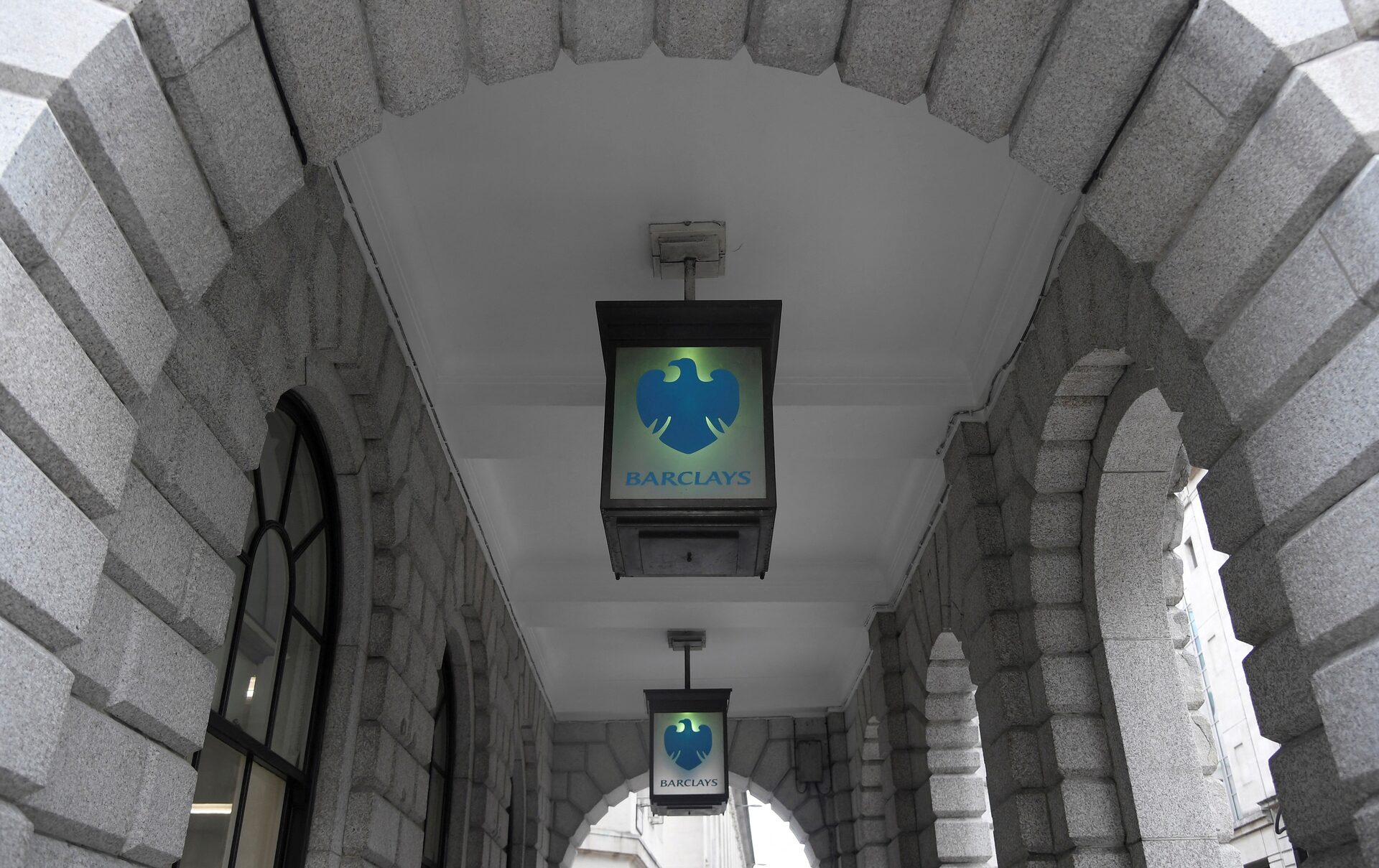
Barclays Reshuffles APAC Investment Banking Leadership to Boost Regional Presence
July 3, 2025
3 minutes read

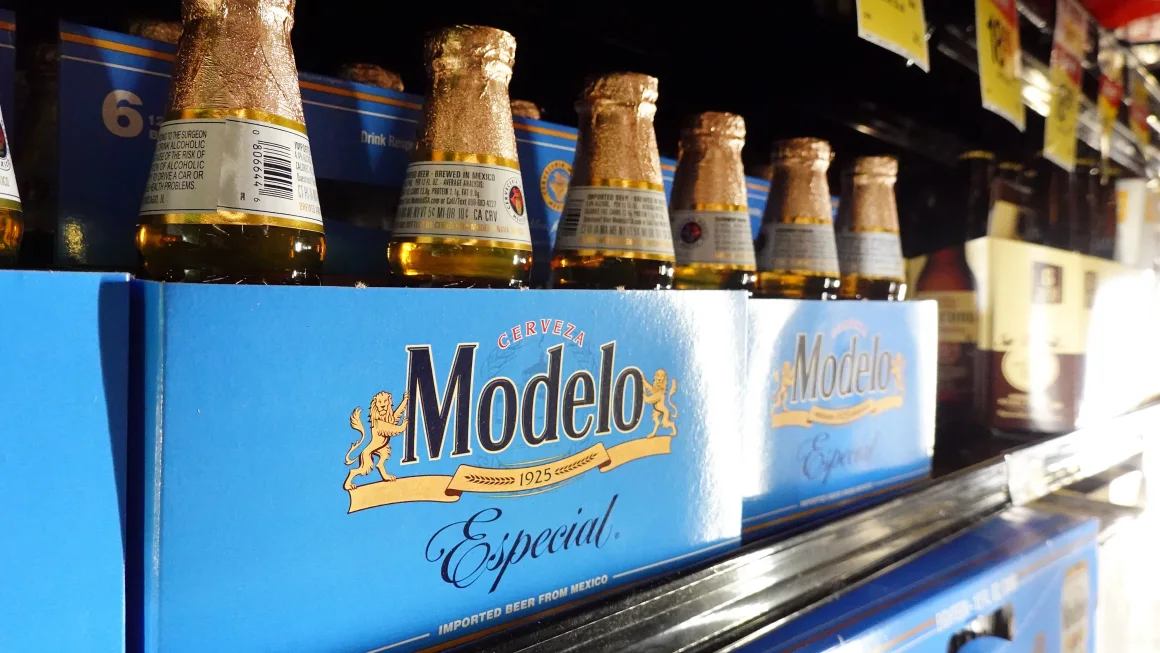
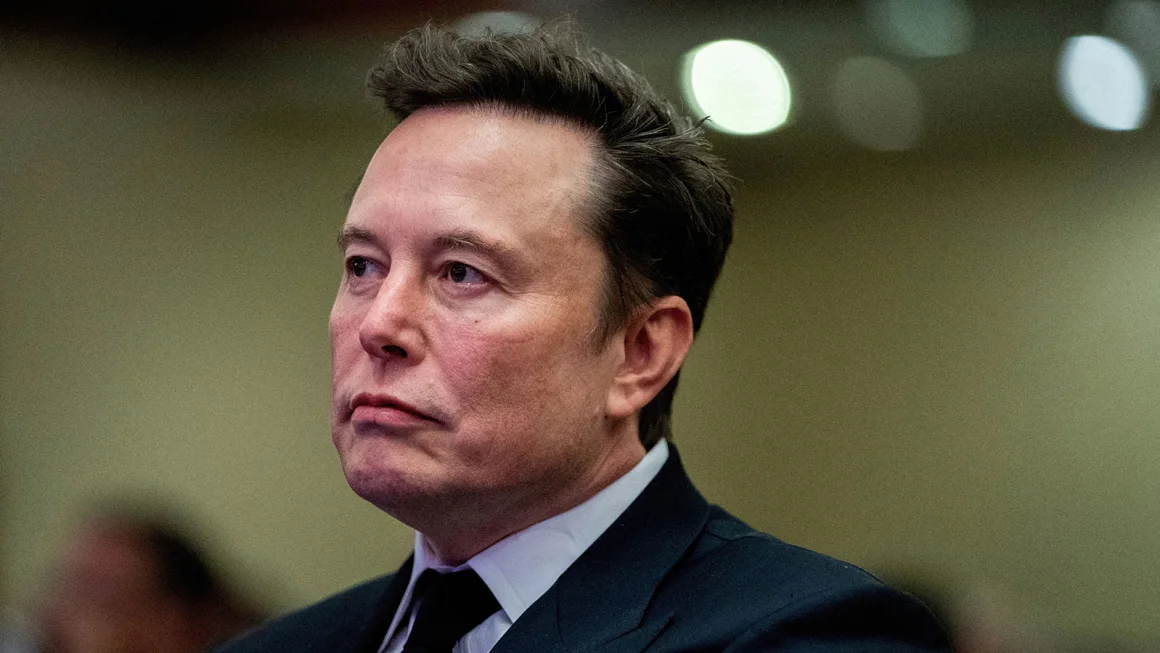


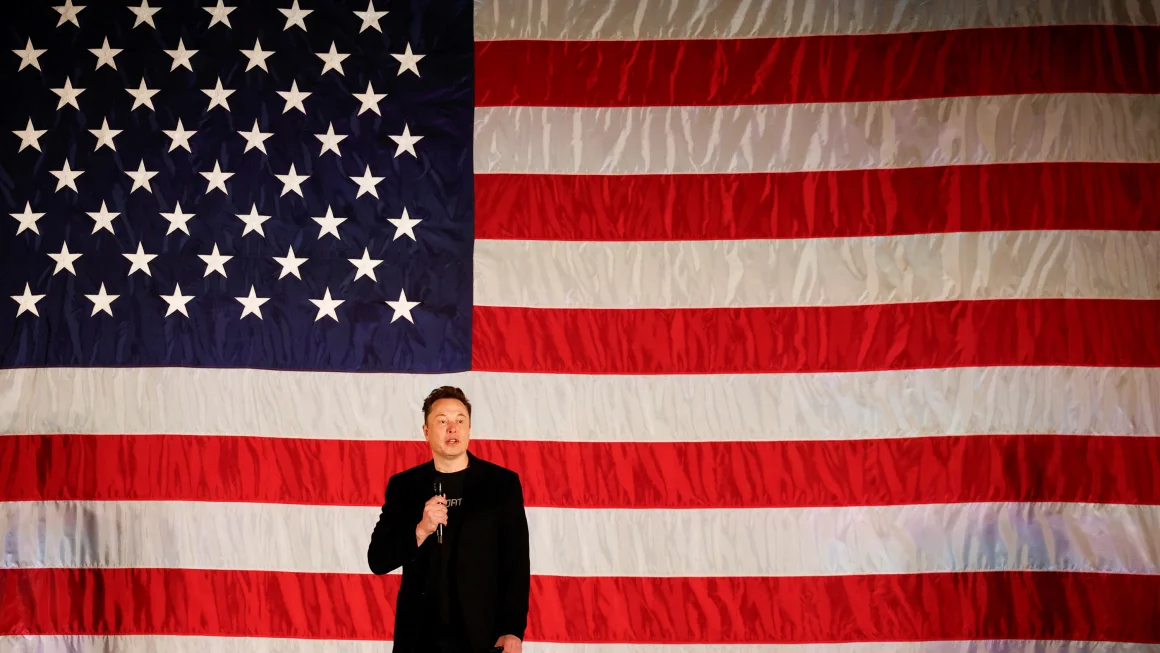
Elon Musk Faces Backlash Over Comments Targeting Government Employees
November 27, 2024
2 minutes read
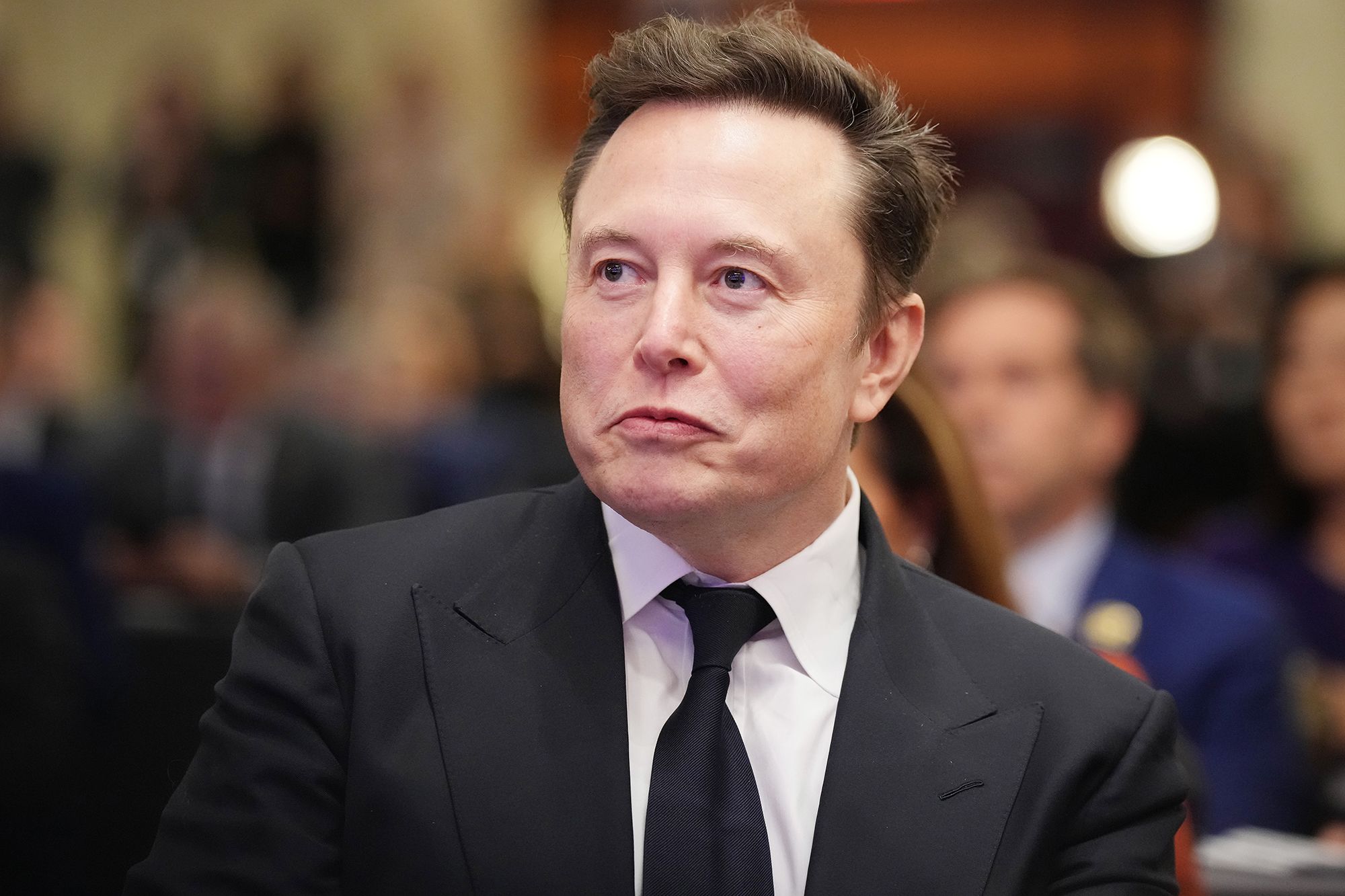
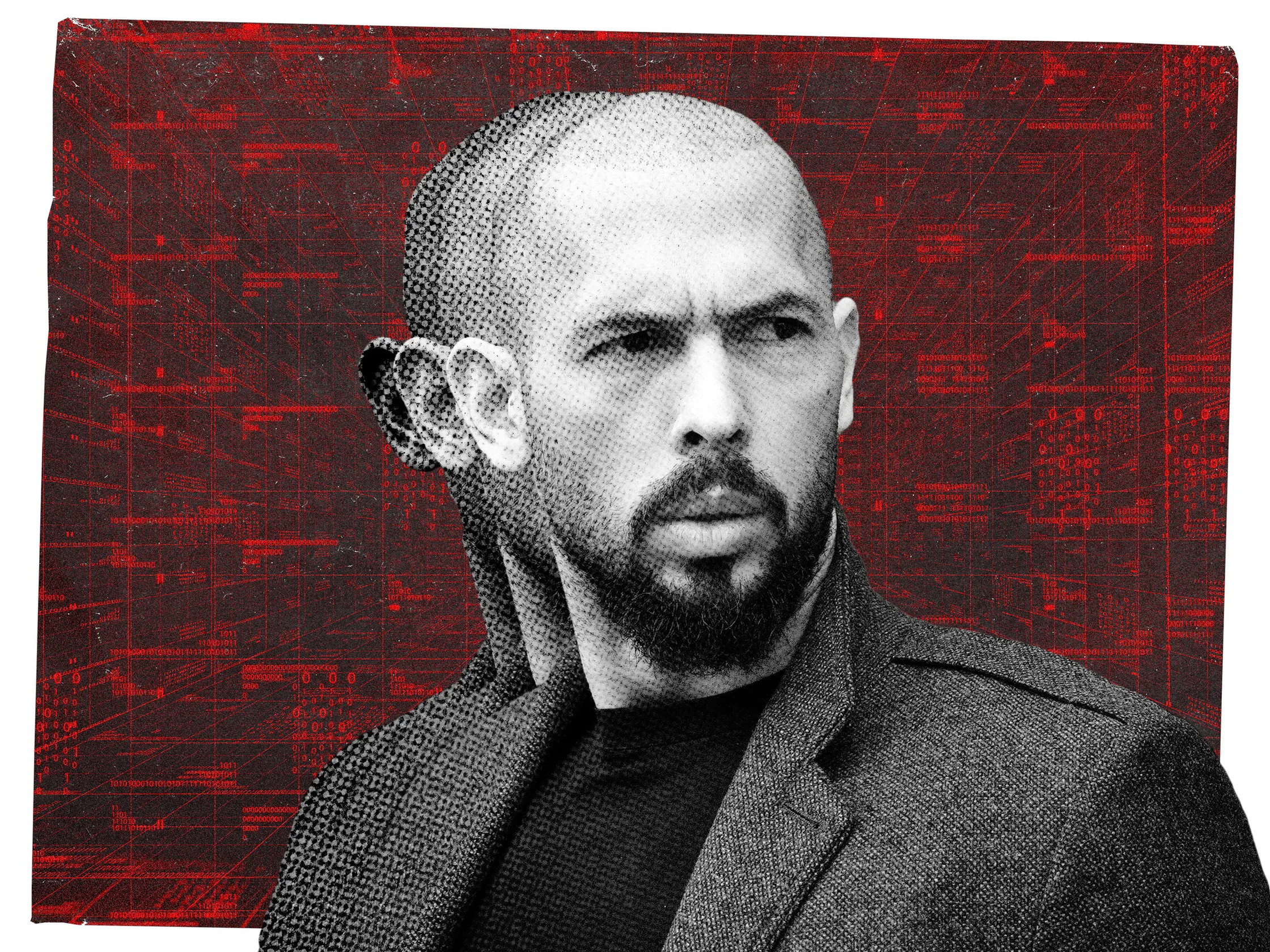
Major Cybersecurity Concerns Highlighted in Andrew Tate Hack and Undersea Cable Incident
November 25, 2024
2 minutes read
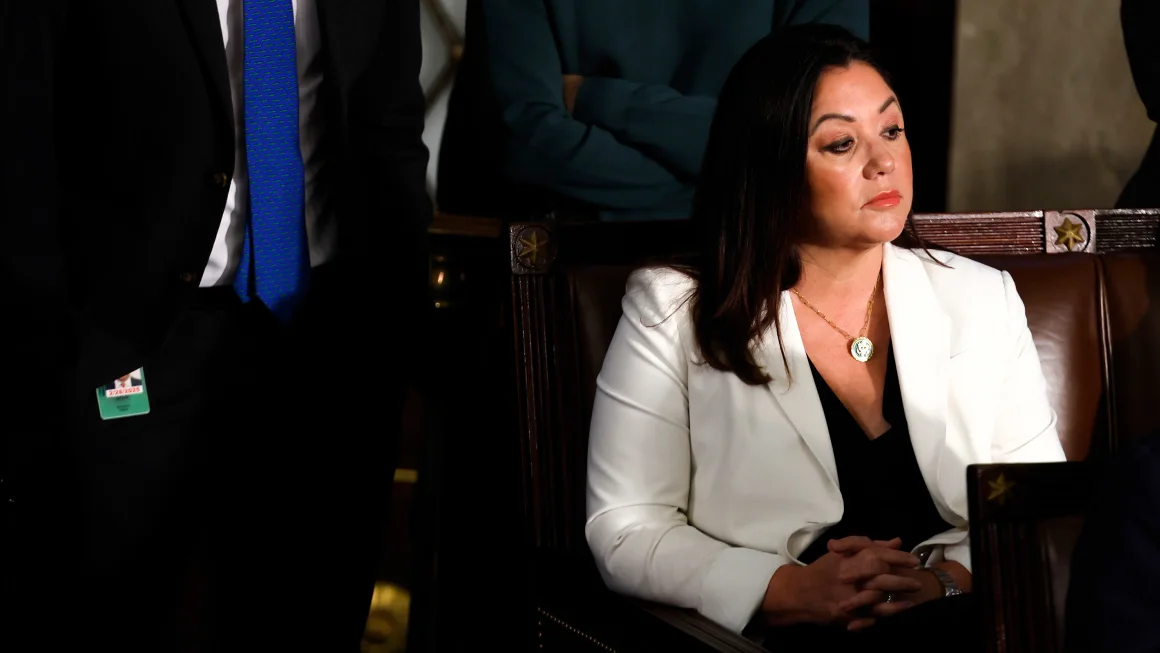


Deportation Concerns Loom Over U.S. Labor Market Amid Worker Shortages
November 21, 2024
2 minutes read
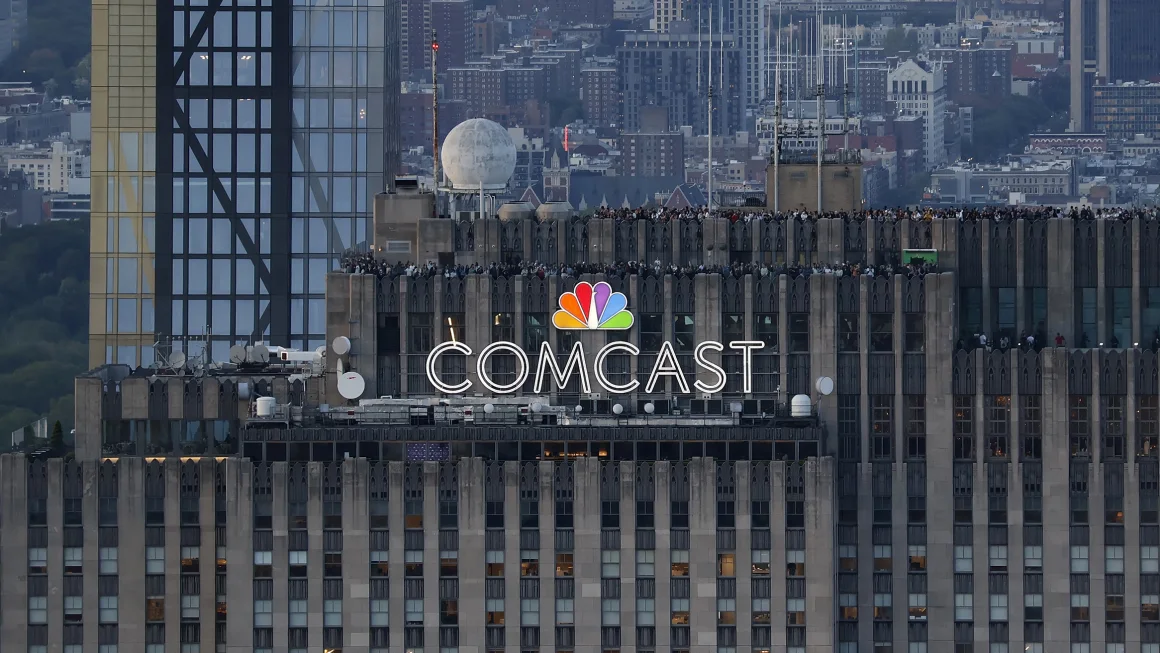
Comcast Explores Spinoff of NBCUniversal's Cable Division Amid Industry Changes
November 20, 2024
2 minutes read


Economic Concerns Arise Over Trump’s Deportation Plan Amid Grocery Price Inflation
November 19, 2024
2 minutes read


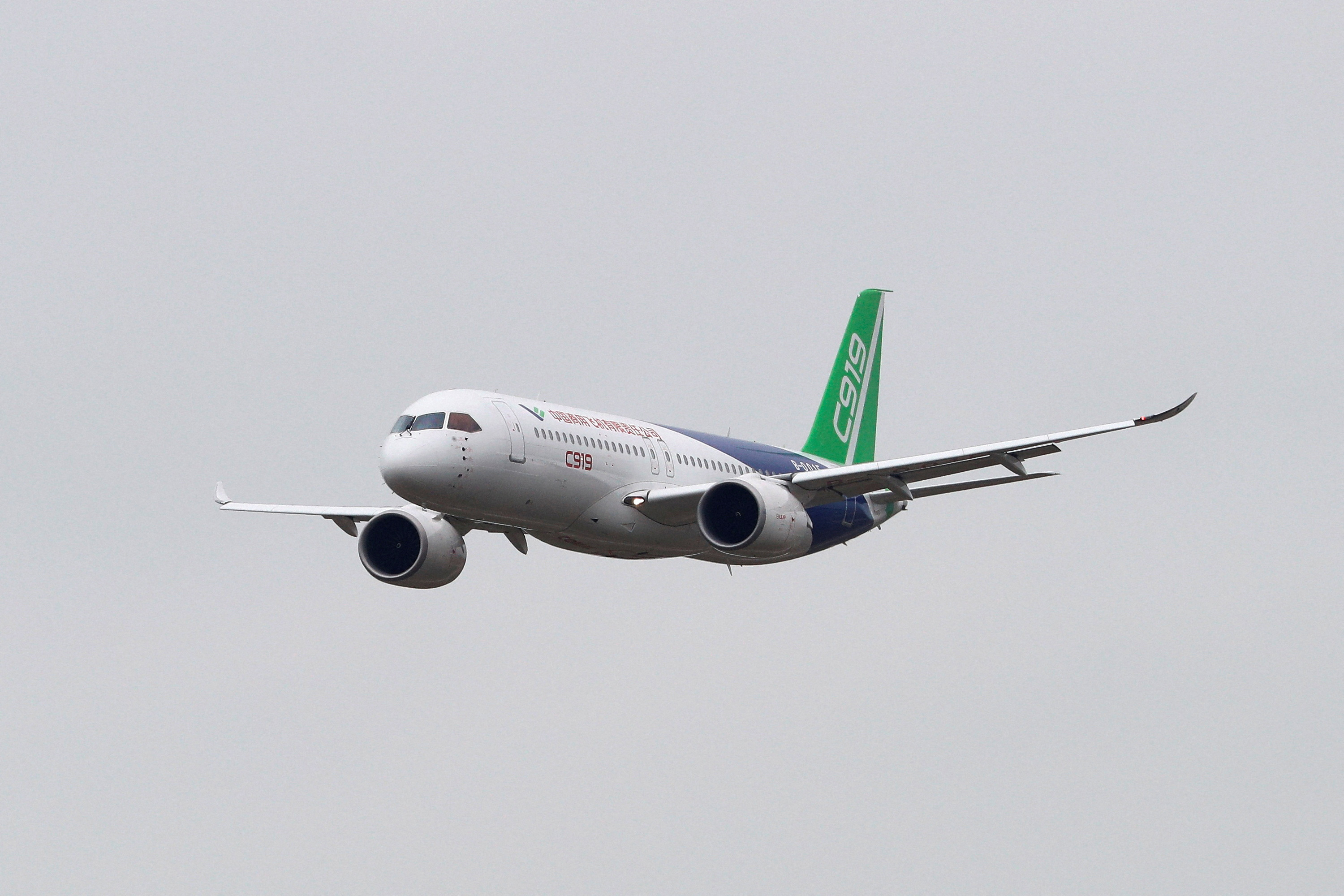
China Challenges Western Duopoly in Civil Aviation with C919 Aircraft Launch
November 17, 2024
2 minutes read
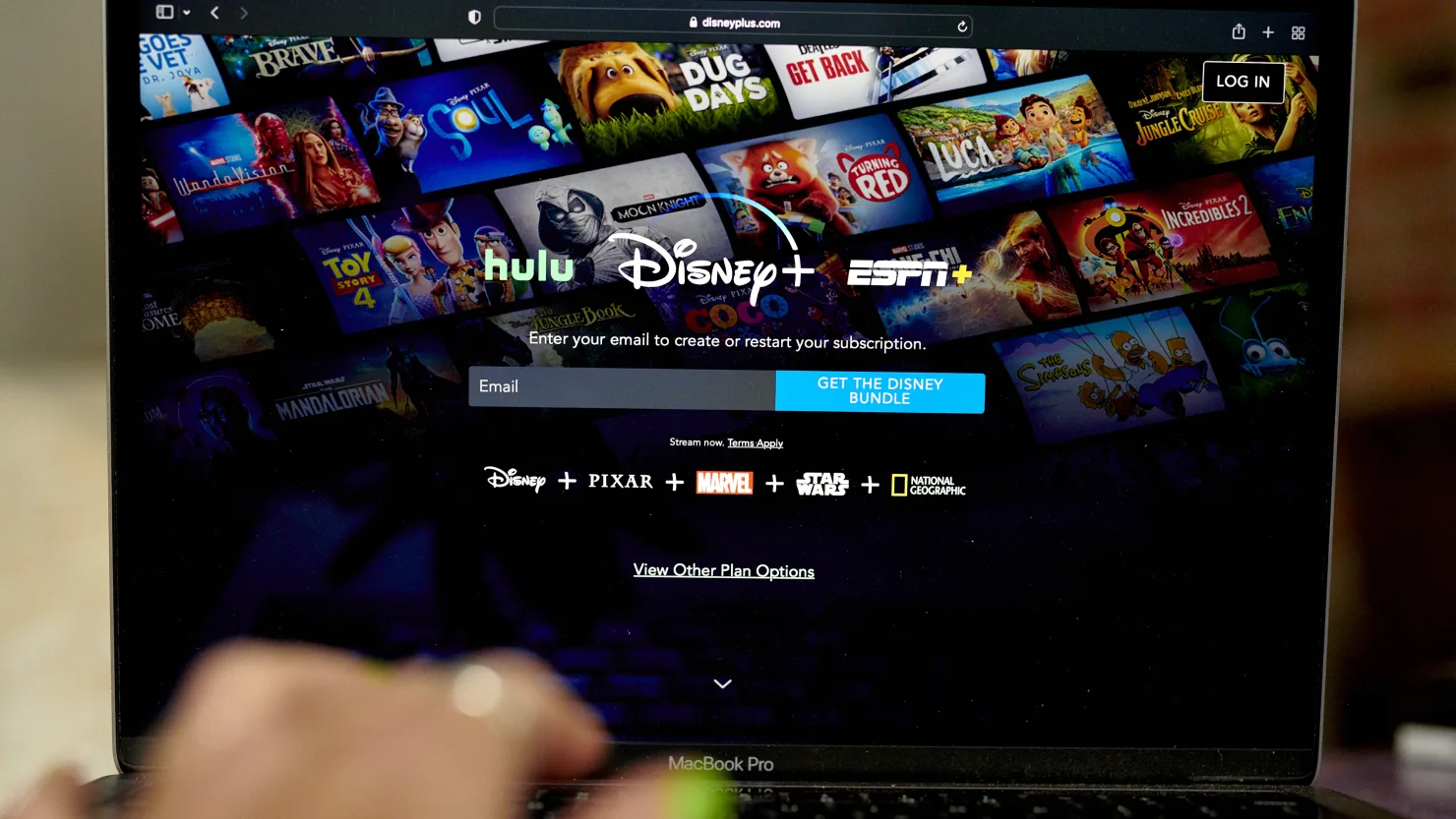
Disney’s Earnings Offer Hope for Streaming Amid Decline of Traditional TV
November 15, 2024
2 minutes read
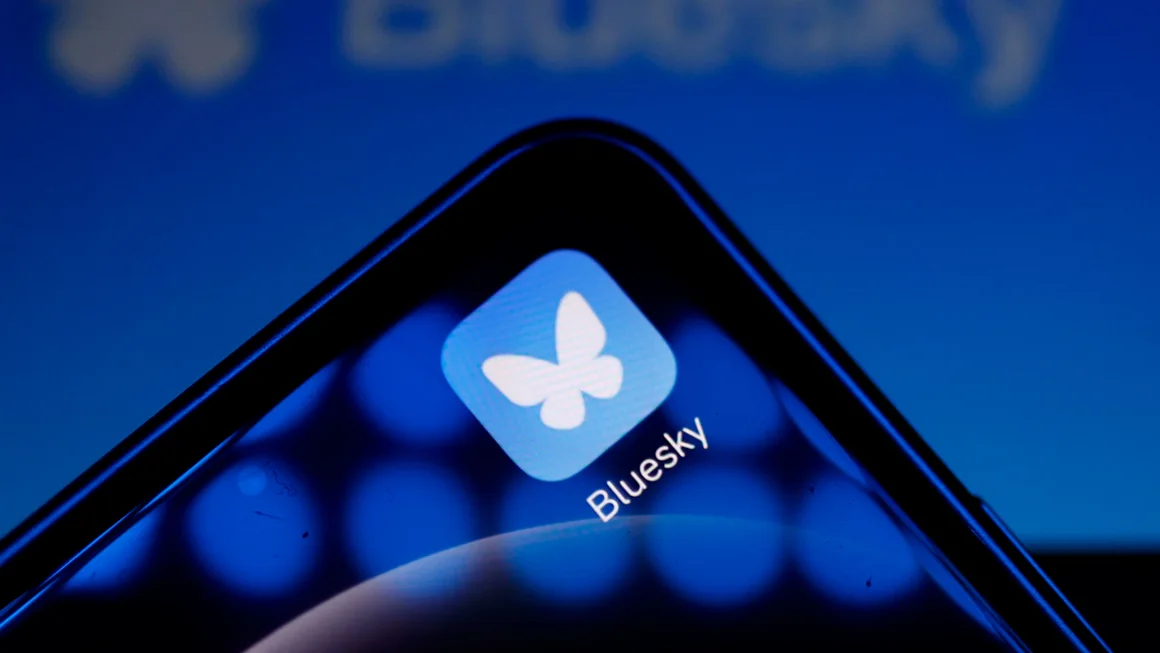
Bluesky's User Base Doubles as Users Flee X Amid Trump Influence and Content Shifts
November 14, 2024
2 minutes read
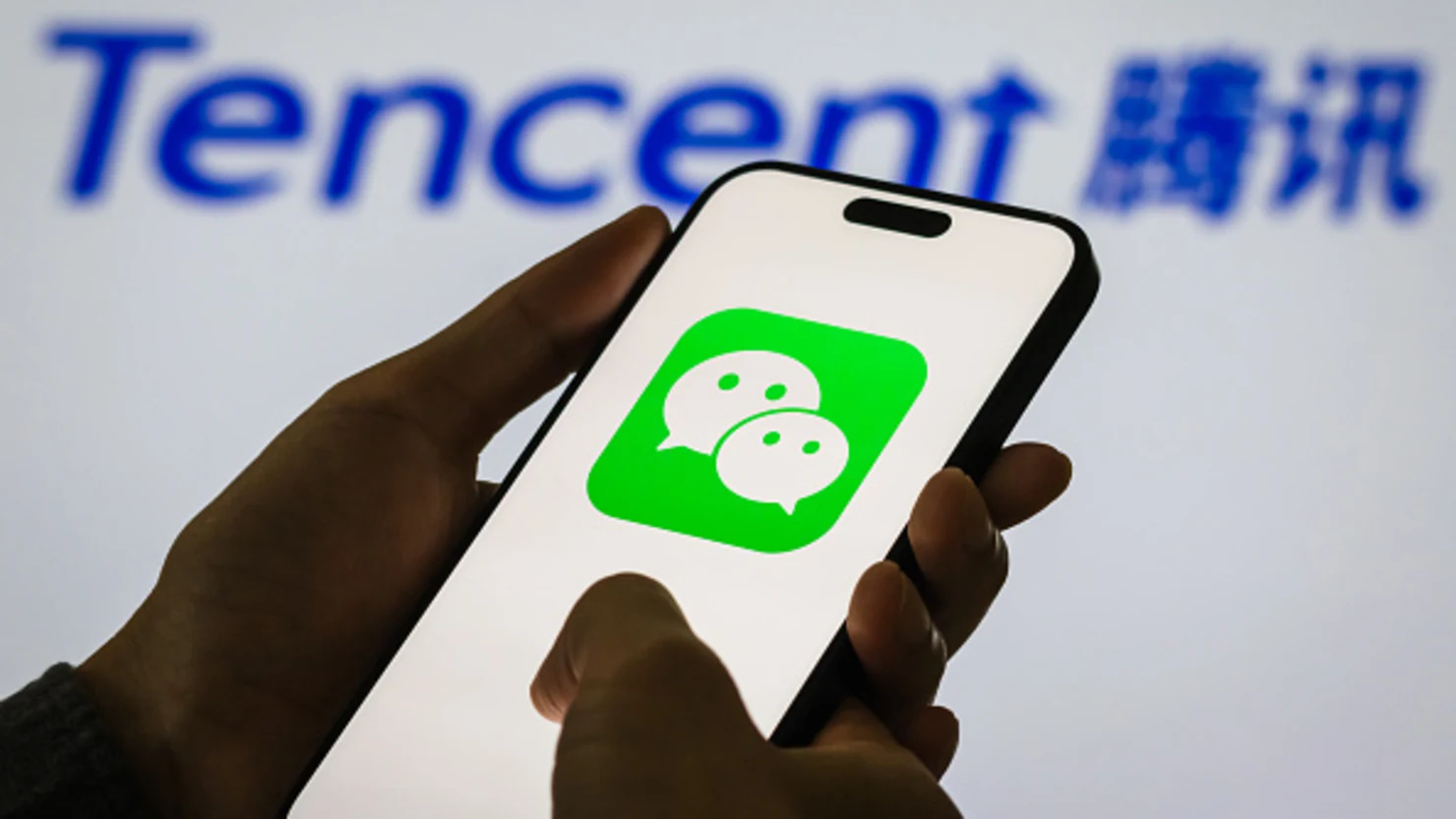

Ringgit Opens Slightly Higher Against US Dollar Ahead of Key Inflation Data
November 13, 2024
2 minutes read
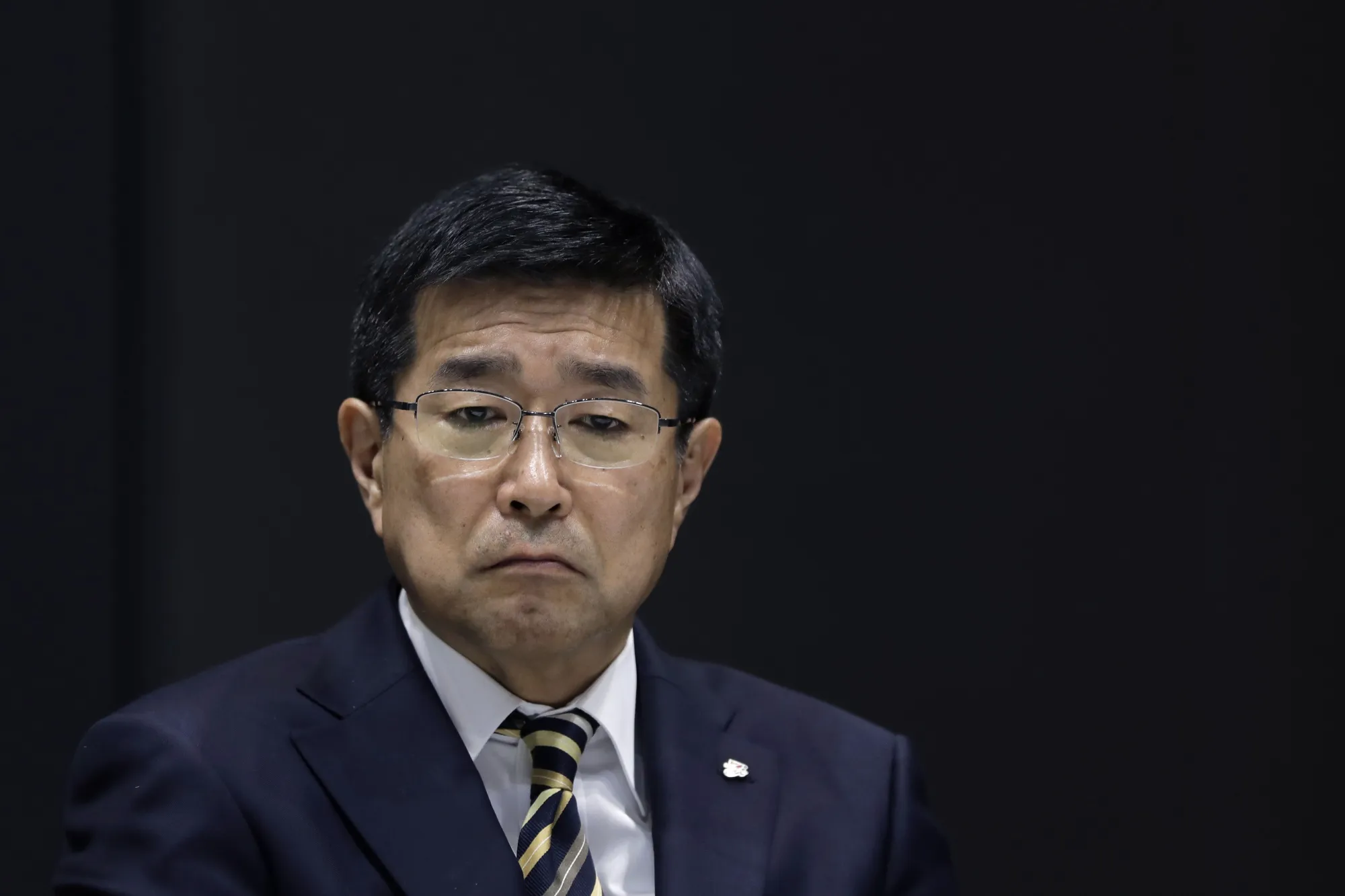
7-Eleven Owner Considers Historic $58 Billion Buyout to Go Private in Japan
November 13, 2024
2 minutes read
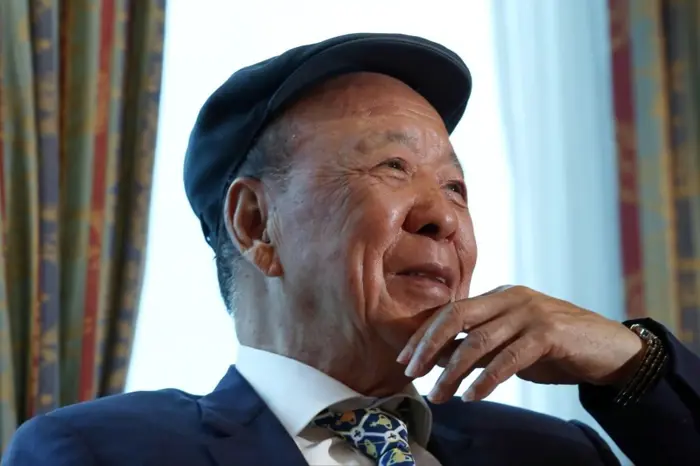

U.S. Regulators Investigate Engine Failures in 1.4 Million Honda Vehicles
November 12, 2024
1 minutes read
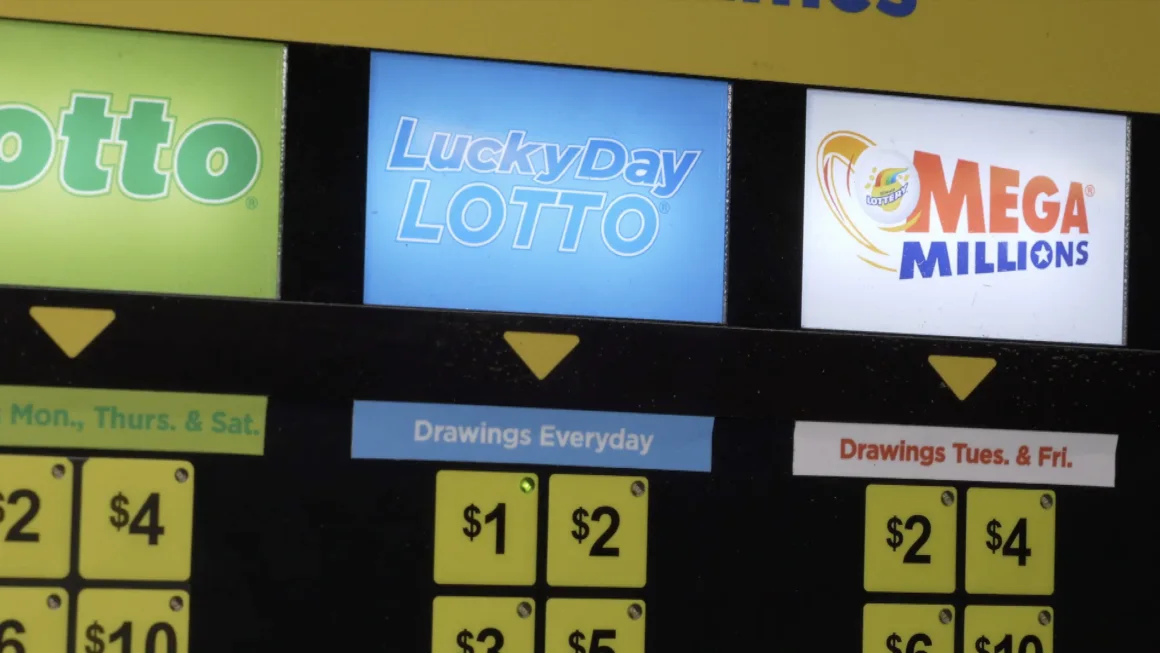
Woman Discovers Forgotten Lottery Ticket in Her Purse, Wins $1 Million
November 11, 2024
2 minutes read

How ReelShort CEO Joey Jia Used a Chinese Trend to Disrupt the U.S. Entertainment Industry
November 11, 2024
8 minutes read